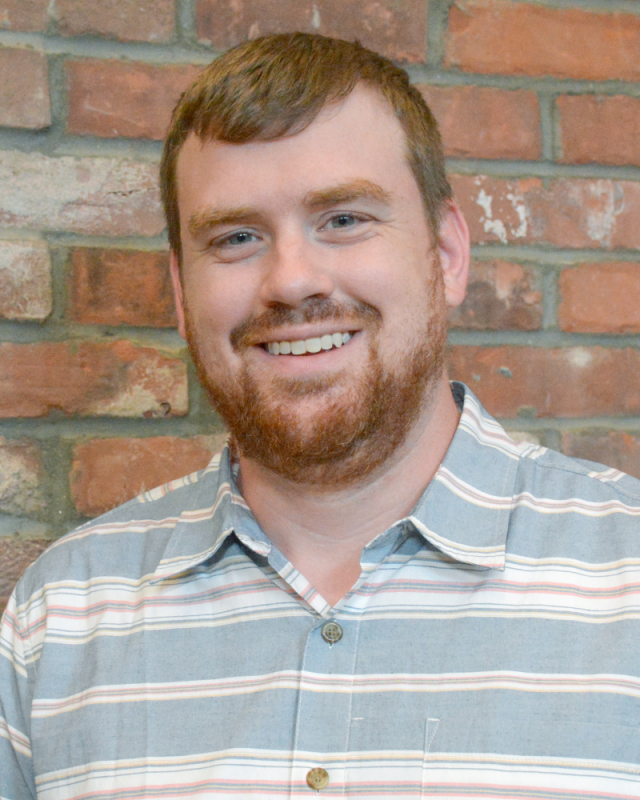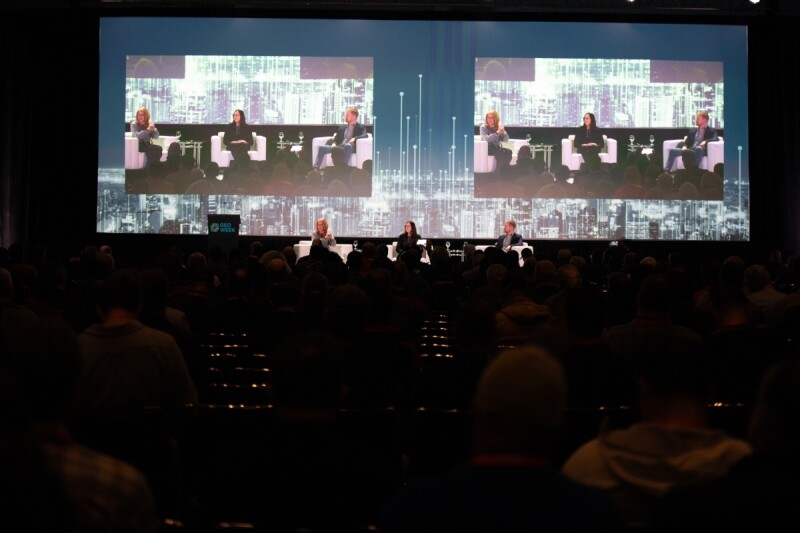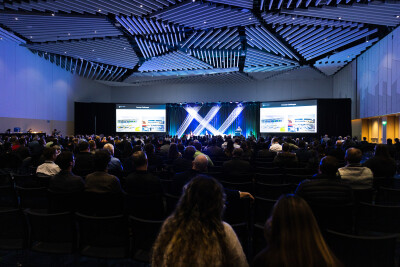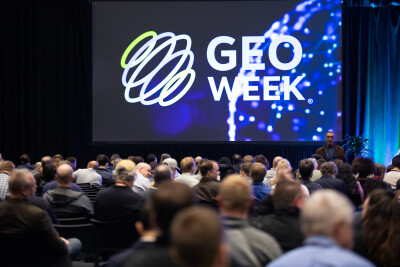With Thanksgiving having just passed in the United States, we are right in the middle of the holiday season and that means we are also just a couple short months away from the kickoff of Geo Week 2025, being held February 10-12 at the Colorado Convention Center in Denver, Colorado. Last month, the Geo Week team officially announced the two keynotes for this year’s events, which will focus on massive projects involving a variety of stakeholders and geospatial datasets coming together. The conference will feature speakers from the Dallas Fort Worth International Airport as well as professionals who worked in the aftermath of the Key Bridge collapse from early 2024.
While many of the specifics of these two topics differ greatly, there is quite a bit of similarity between the two talks and some of the challenges they will be focused on. For both keynotes, attendees can expect to hear about the importance of cross-discipline collaboration, and hear about the challenges and success around combining differing datasets. Below, you can find more information about both talks, including commentary from representatives of each presentation. And don’t forget to register for your spot at this year’s Geo Week conference.
DFW Airport’s Digital Evolution: 3D, AI/ML, and Event-Driven Architecture in Action
Starting with the DFW Airport-focused keynote, this will take place on the opening day of the conference, February 10, at 12:00 PM. The presentation will include three speakers from the airport, covering complex operations at one of the largest airports in the world. According to Kelly Watt, one of the speakers and a senior digital twin consultant with the airport, DFW is effectively the size of a city, encompassing 27 square miles. At the moment, there are 160 ongoing construction projects, with $9 billion of new construction.
With all of these moving parts, one can imagine the complexity of these projects and the important role that technology can play. Watt, who has been in his position for coming up on three years, told Geo Week News that one of the biggest problems he had to overcome was data silos, with different teams using their own data rather than data being spread across the entire operation. The presentations will dive into the importance of breaking down these silos, and how all different kinds of technology – from lidar to IoT sensors to GIS, and plenty more – plays into effective operations and ultimately a functioning digital twin.
While the sheer scale does present some unique problems, some of the overarching points of discussion that will be highlighted in this keynote are ones that everyone in attendance will be able to relate with. Watt notes that some of the most important takeaways from the talk will be the importance of planning and open architecture, which tie in together. He talks about how embracing technology is great, but there needs to be an understanding going in on exactly how the technology will be used – and whether it will actually be used. It’s not just using tools, but finding the right tool for the specific job and making sure those on the ground have what they need to actually get the job done.
Read more about the presentations here
Francis Scott Key Bridge: Rescue, Recovery, and Rebuild
Early on the morning of March 26, 2024, Baltimore, Maryland experienced a sudden disaster that nobody could have anticipated. The MV Dali, a 984-foot container ship, lost power while navigating out of the Port of Baltimore and struck the main truss of the Francis Scott Key Bridge, causing the immediate collapse of much of the bridge structure, resulting in loss of life and the shutdown of one of the country’s largest ports. As one can imagine, many different parties had to come together quickly and efficiently to respond to this disaster, and geospatial data played a major role in that effort.
That is the topic of Tuesday’s keynote, taking place at 9:00 AM on Februrary 11 and featuring insight from the United States Geospatial Intelligence Foundation (USGIF), NOAA’s National Geodetic Survey (NGS), and the Army Geospatial Center (AGC). Ronda Schrenk, USGIF’s CEO, spoke with Geo Week News to give a sneak peek of the presentation.
She tells Geo Week News that the hope is that attendees will leave this talk with a “profound understanding” of the important role that geospatial intelligence plays in this kind of situation, as well as the value individuals bring to the table with their unique expertise. This keynote will focus on the rescue and recovery efforts of different tools, all utilizing geospatial tools to provide situational awareness.
Just like the DFW Airport talk highlighted above, attendees can expect to hear about the value of cross-discipline collaboration in this keynote as well. Schrenk emphasizes that the importance of the human expertise involved in this effort is just as important – if not more so – as the geospatial data and tools that are in use. There is data coming in from a variety of diverse disciplines, and the keynote will highlight how all of it was able to be synchronized to assist individual teams’ needs.
Read more about the keynote here
These keynote presentations, while focusing on specific events and programs, will touch on some of the most important topics for anyone working within the geospatial and AEC fields. Bringing in diverse datasets from different sources and enabling this kind of cross-discipline collaboration is crucial for today’s presentations, and these keynotes as well as the Geo Week conference program as a whole will dive deep on these issues.






